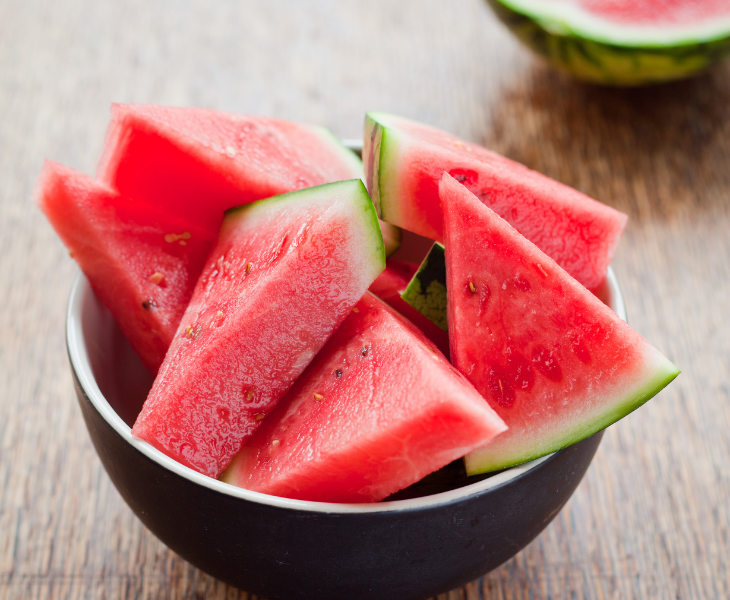Introduction: Why Hydration Matters During Pregnancy

Did you know that dehydration during pregnancy can increase the risk of complications such as preterm labor and low amniotic fluid? When you’re pregnant, your body requires extra fluids to support the growing baby and maintain your overall health. However, factors like morning sickness, hormonal changes, and hot weather can quickly lead to dehydration.
In this blog, we’ll discuss the symptoms of dehydration, safe ways to rehydrate, and when to seek medical help. Whether you’re dealing with mild dehydration or need tips for staying hydrated throughout pregnancy, this guide will help you make informed decisions.
Table of Contents
Signs of Dehydration During Pregnancy
Dehydration happens when your body loses more fluids than it takes in. During pregnancy, it’s essential to recognize the early symptoms to prevent further complications.
Common Signs and Symptoms
- Dry mouth and throat: A parched feeling is one of the earliest indicators.
- Dark yellow urine: Healthy urine should be pale yellow. Darker shades signal dehydration.
- Fatigue and dizziness: Lack of fluids reduces blood volume, making you feel weak.
- Reduced urination: Dehydration leads to less frequent and smaller urine output.
- Headache: A common sign of fluid imbalance.
- Constipation: Insufficient hydration slows down digestion, leading to constipation.
- Braxton Hicks contractions: Dehydration can sometimes trigger these false labor contractions.
Tip: If you experience any of these symptoms, take action immediately by drinking water or electrolyte-rich fluids.
Causes of Dehydration During Pregnancy

Dehydration in pregnancy can occur due to several factors. Knowing the triggers can help you prevent it.
1. Morning Sickness and Vomiting
Nausea and vomiting, especially in the first trimester, can lead to fluid loss. Severe cases, known as hyperemesis gravidarum, may require medical intervention.
2. Increased Fluid Needs
Your body demands more water during pregnancy to support increased blood volume and amniotic fluid production. Not drinking enough water can quickly result in dehydration.
3. Hot Weather and Sweating
Pregnant women are more prone to overheating, making them sweat more and lose fluids faster.
4. Diarrhea or Fever
Pregnancy-related illnesses such as stomach bugs can cause diarrhea or fever, both of which can contribute to fluid loss.
5. Caffeine and Sugary Drinks
Excess caffeine and sugary beverages can have a diuretic effect, increasing fluid loss and promoting dehydration.
What to Do If You Are Dehydrated and Pregnant
If you’re dehydrated while pregnant, taking immediate and safe steps is crucial. Here’s how to rehydrate effectively:
1. Drink Small Sips of Water Frequently
Instead of gulping large amounts, drink small sips throughout the day. This prevents nausea and helps your body absorb fluids better.
Tip: Aim for 8-12 cups (64-96 oz) of water daily, as recommended by the American College of Obstetricians and Gynecologists (ACOG).
2. Add Electrolyte-Rich Drinks
Water alone may not be sufficient. To restore electrolyte balance, consider drinking:
- Coconut water – Rich in potassium and magnesium.
- Electrolyte-enhanced water – Helps replenish lost salts.
- Oral rehydration solutions (ORS) – Safe and effective for dehydration.
Caution: Avoid sugary sports drinks, as they can cause blood sugar spikes.

3. Eat Water-Rich Foods
Hydrate through food by incorporating water-dense fruits and vegetables into your diet:
- Watermelon – Contains over 90% water.
- Cucumber – A hydrating and low-calorie option.
- Oranges – Rich in vitamin C and fluids.
- Strawberries – A delicious and hydrating snack.
4. Use a Hydration Reminder App
Pregnant women often forget to drink enough water. Install a hydration reminder app to track your daily fluid intake.
5. Avoid Dehydrating Substances
Steer clear of:
- Caffeinated drinks – Coffee, tea, and sodas can worsen dehydration.
- Salty snacks – Excess salt promotes water retention and dehydrates cells.
Pro Tip: Opt for herbal teas like ginger or peppermint tea, which are pregnancy-safe and soothing.
When to Seek Medical Help
In some cases, dehydration during pregnancy can become severe and require medical attention.
Call your healthcare provider if you experience:
- Extreme thirst and dry skin
- Rapid heartbeat and confusion
- Severe headache or dizziness
- Persistent vomiting or diarrhea
- Low fetal movement
Severe dehydration can lead to complications like preterm labor or low amniotic fluid levels, so prompt intervention is vital.
Prevention Tips: How to Stay Hydrated During Pregnancy
Preventing dehydration is always better than treating it. Follow these tips to stay hydrated throughout pregnancy:

1. Drink Water Regularly
Keep a water bottle with you and sip throughout the day.
- Goal: 8-12 cups daily.
- Tip: Add lemon or cucumber slices for flavor.
2. Limit Caffeine Intake
Caffeine can cause fluid loss. Stick to 200 mg or less per day, as recommended by ACOG.
3. Hydrate Before and After Exercise
If you’re staying active during pregnancy, drink water before, during, and after workouts.
4. Use a Humidifier
A humidifier can prevent dehydration caused by dry indoor air, especially in winter.
5. Monitor Your Urine Color
Light yellow urine indicates proper hydration, while darker shades signal dehydration.
FAQs About Dehydration During Pregnancy
Can dehydration cause preterm labor?
Yes. Severe dehydration can lead to uterine contractions, which may increase the risk of preterm labor.
What is the best electrolyte drink for pregnant women?
Coconut water and ORS (oral rehydration solution) are safe and effective for pregnant women.
Can dehydration harm the baby?
Yes. Prolonged dehydration can reduce amniotic fluid levels, affecting the baby’s growth and health.
Final Thoughts: Prioritize Hydration for a Healthy Pregnancy
Dehydration during pregnancy can be risky, but with the right steps, it is manageable. Recognizing the symptoms early, rehydrating effectively, and preventing fluid loss are key to keeping you and your baby healthy.
Stay proactive: Keep water on hand, eat water-rich foods, and listen to your body’s signals.
Consult your doctor: If symptoms persist or worsen, seek medical assistance promptly.
Call to Action:
For more tips on pregnancy health and nutrition, visit The Planttube Blog for expert-backed articles and wellness guides.








